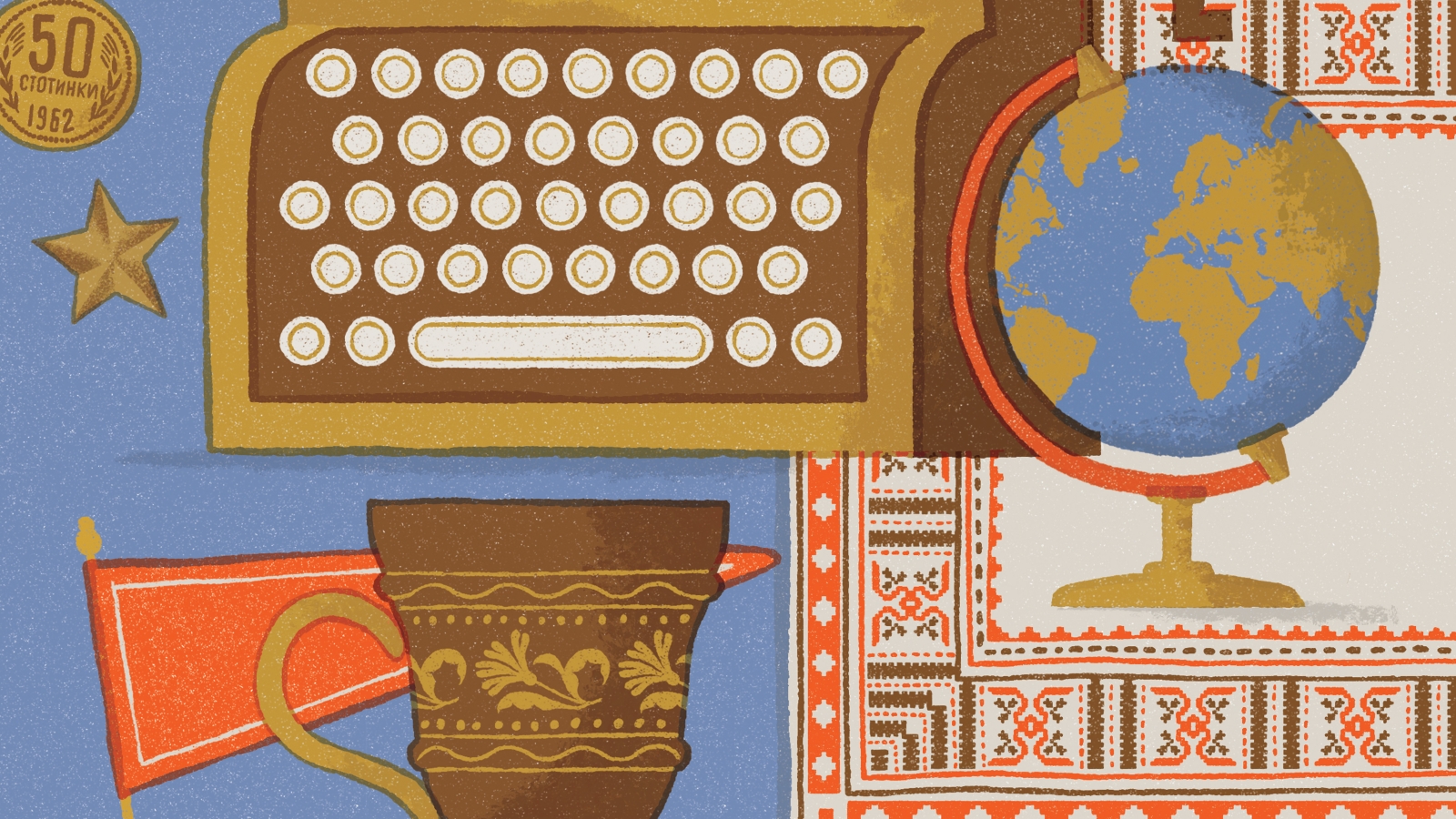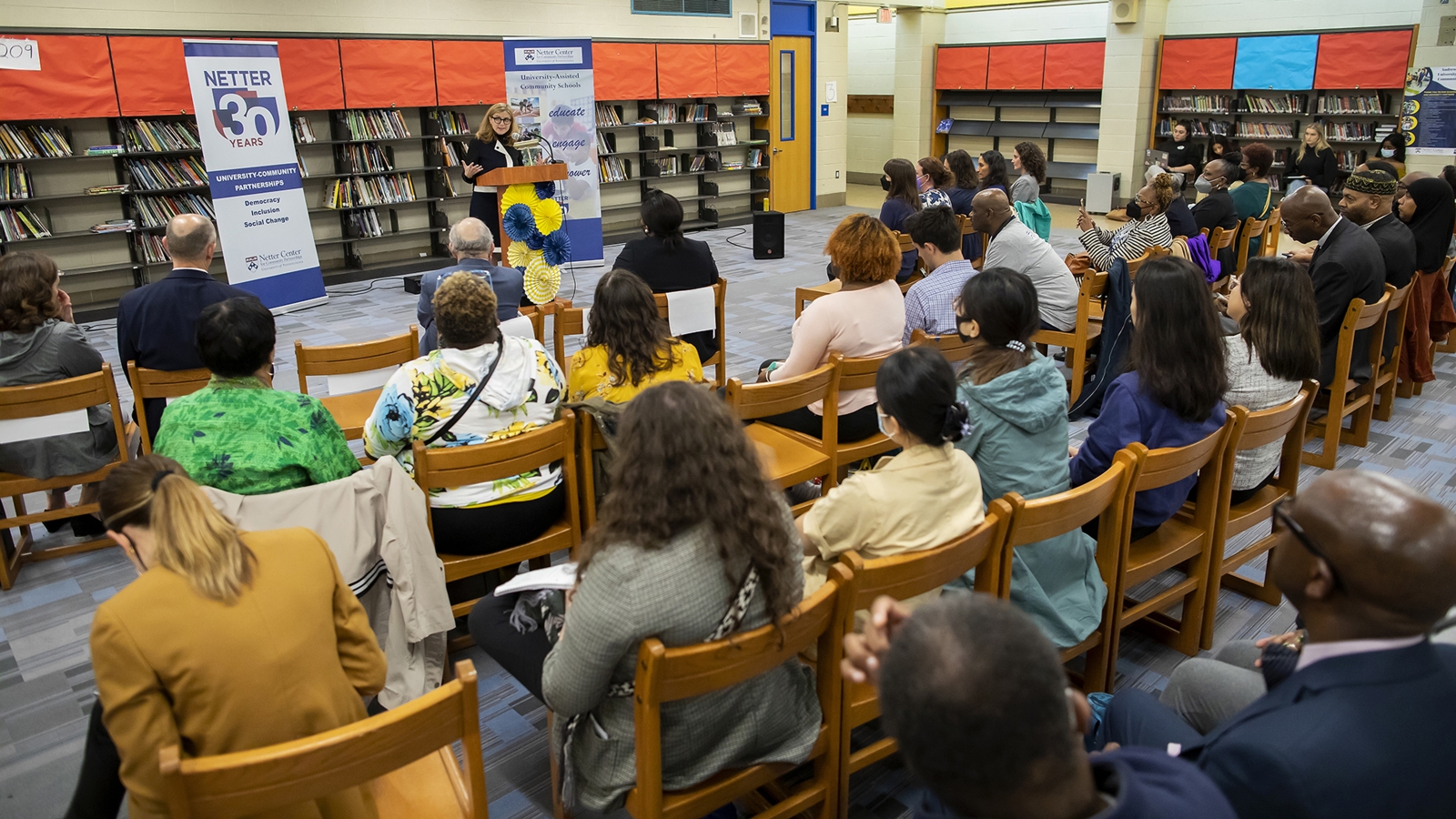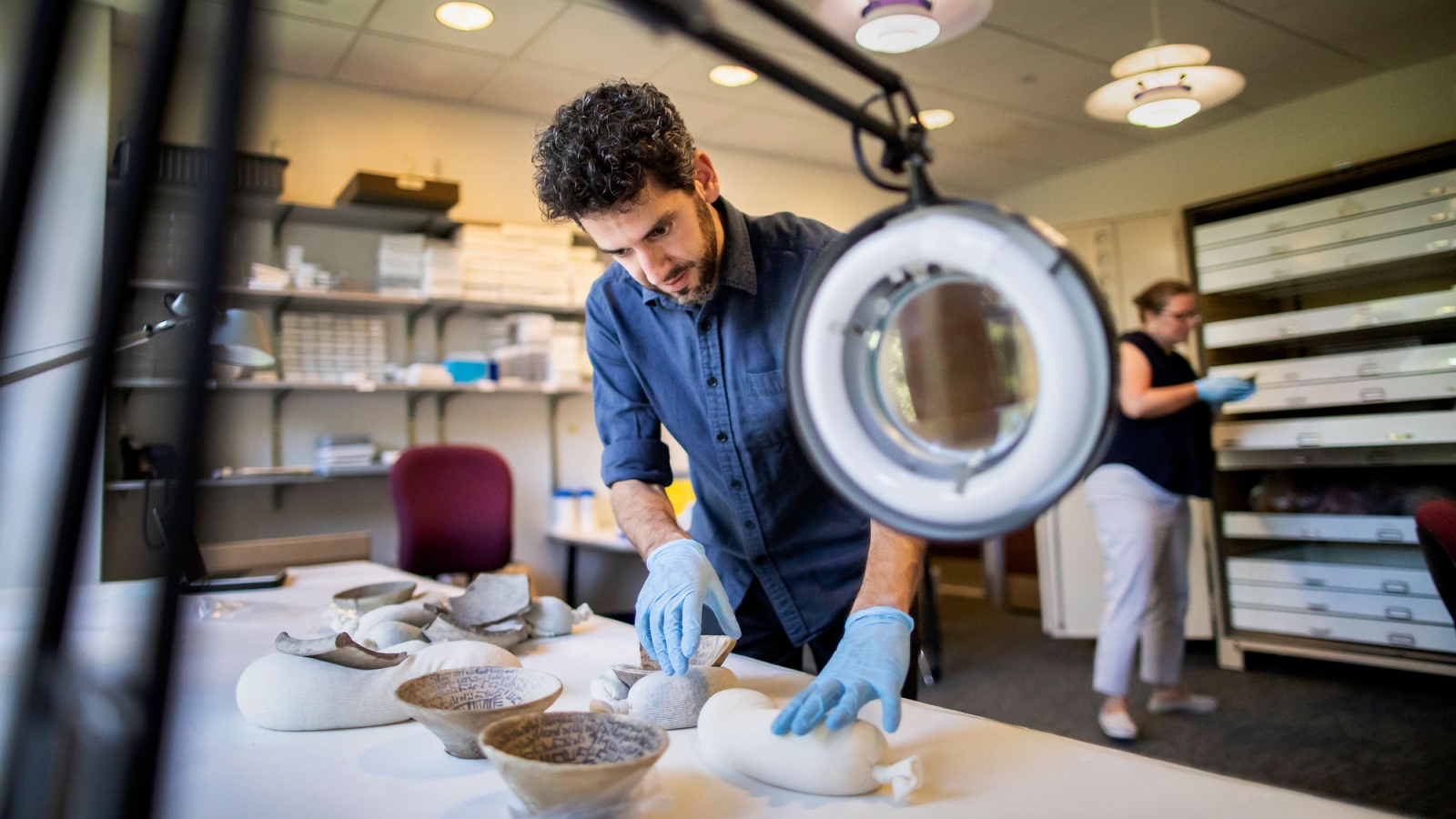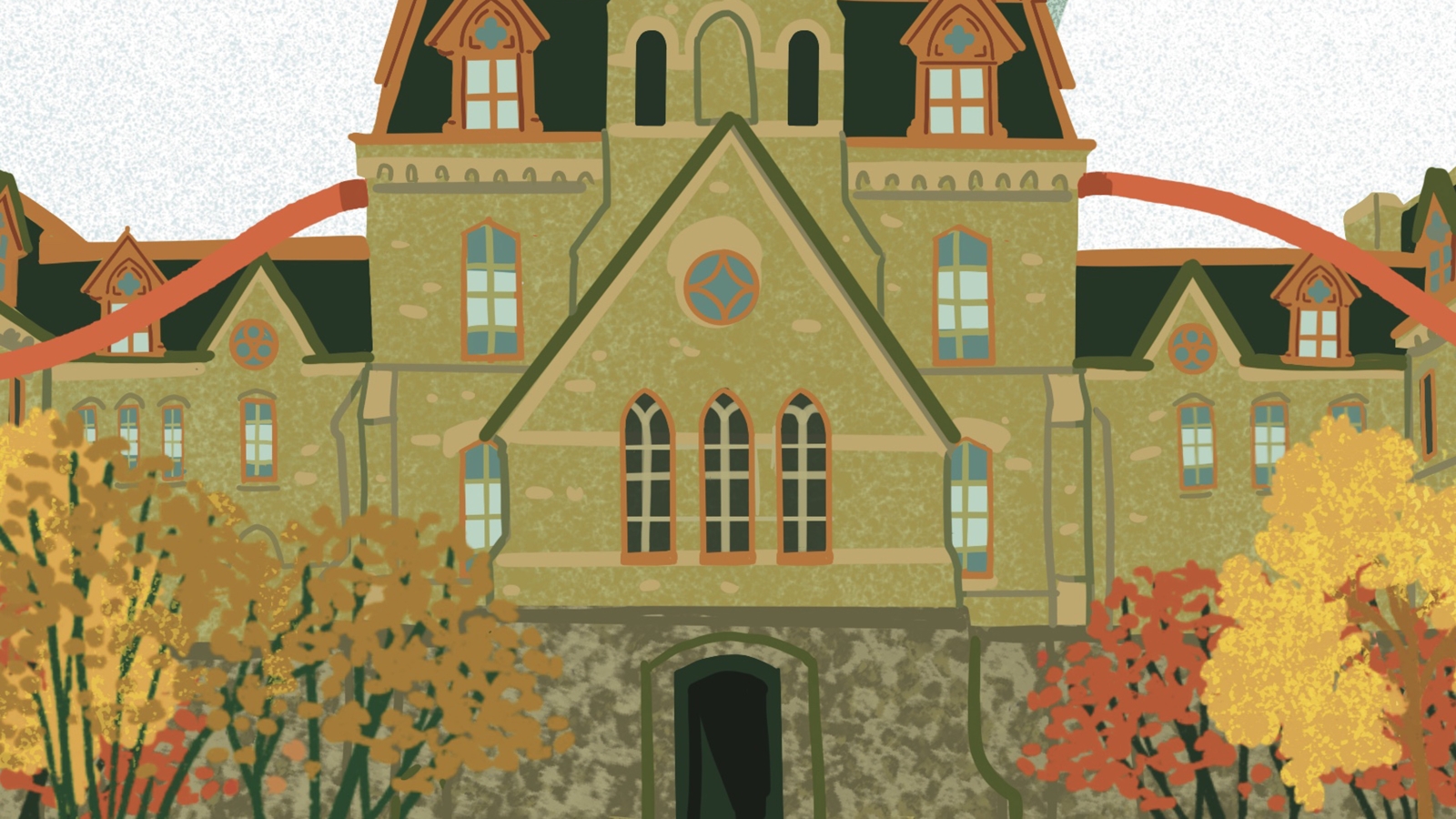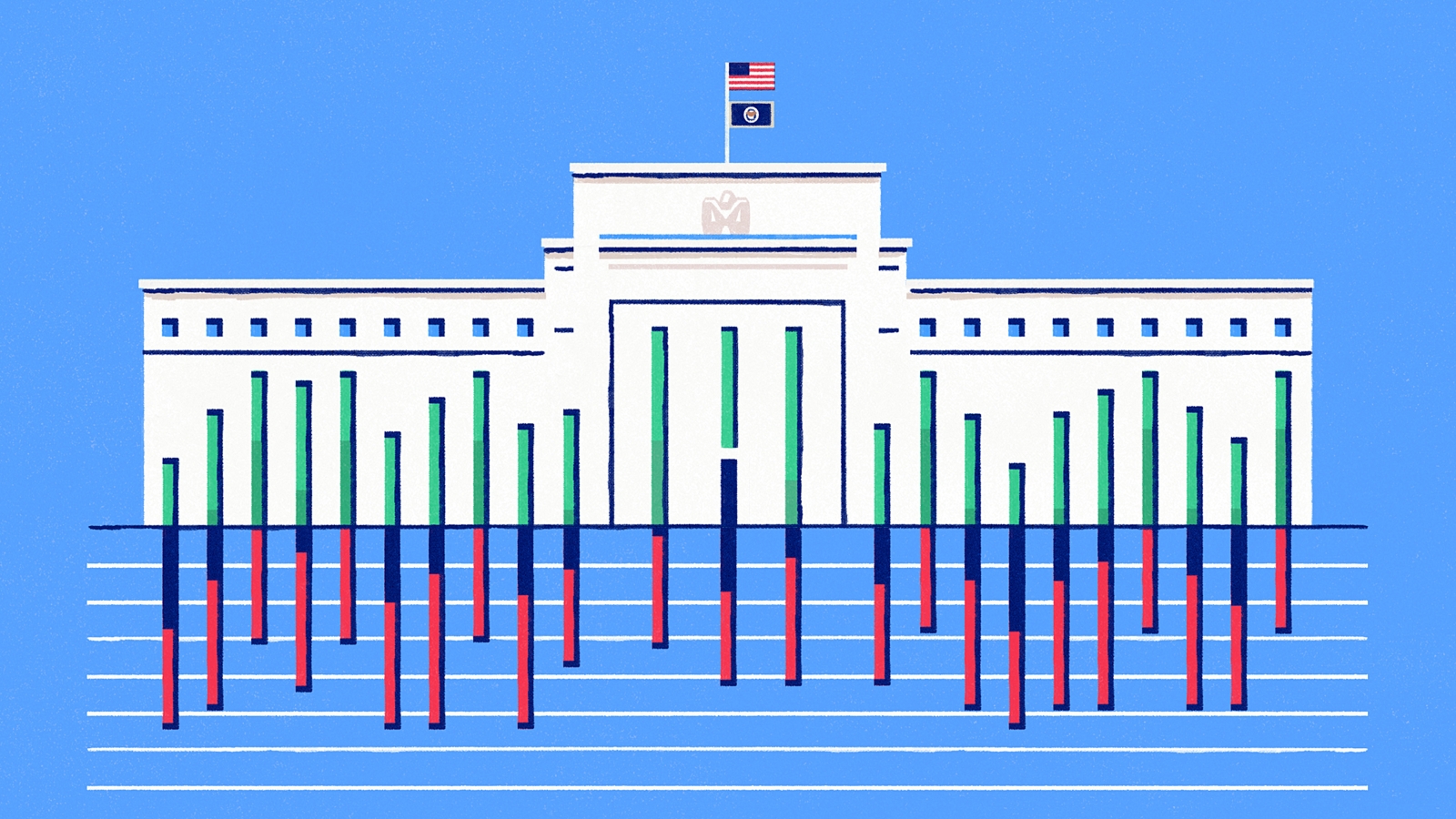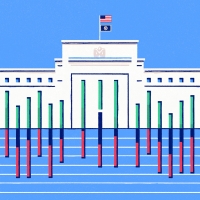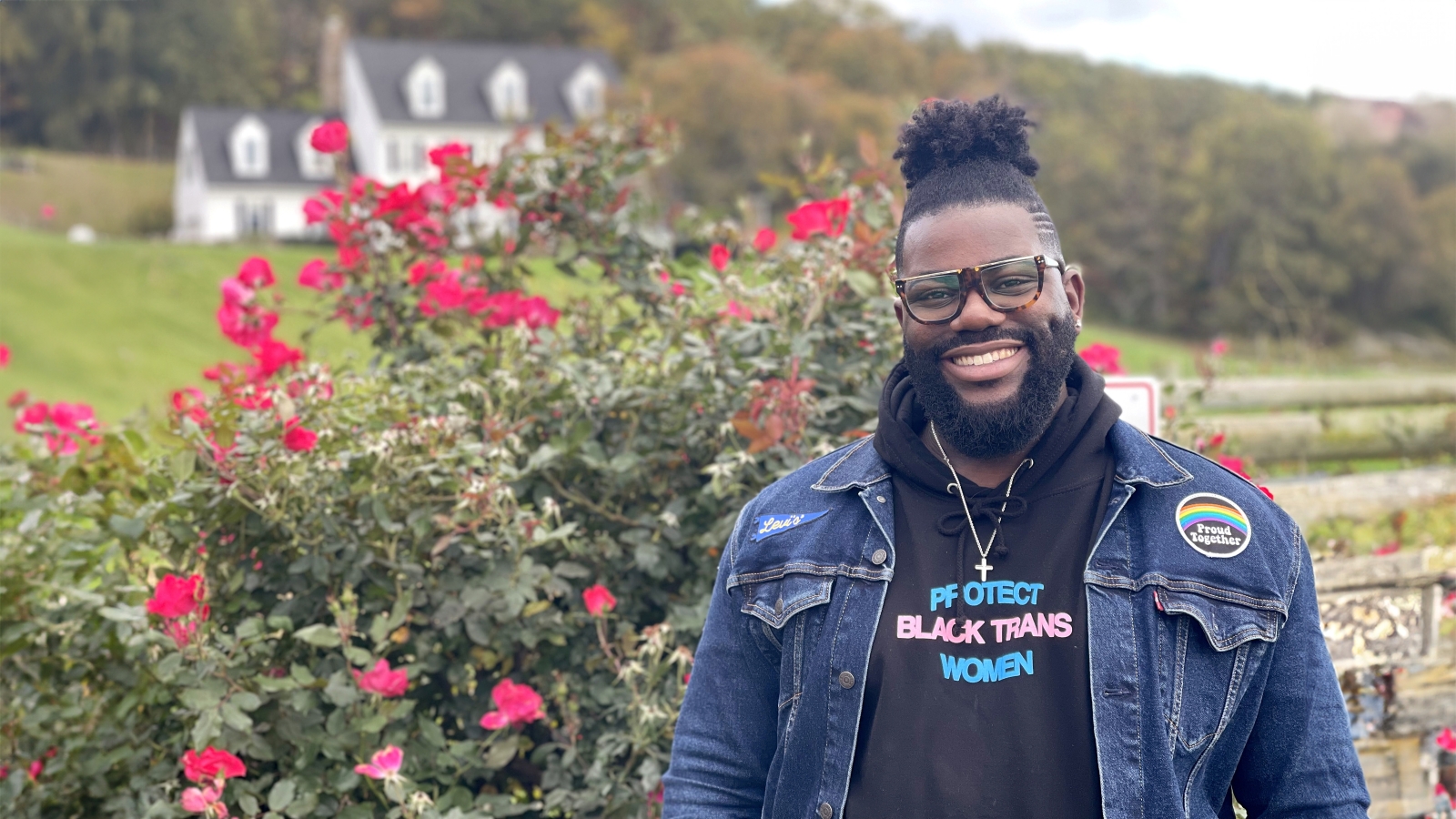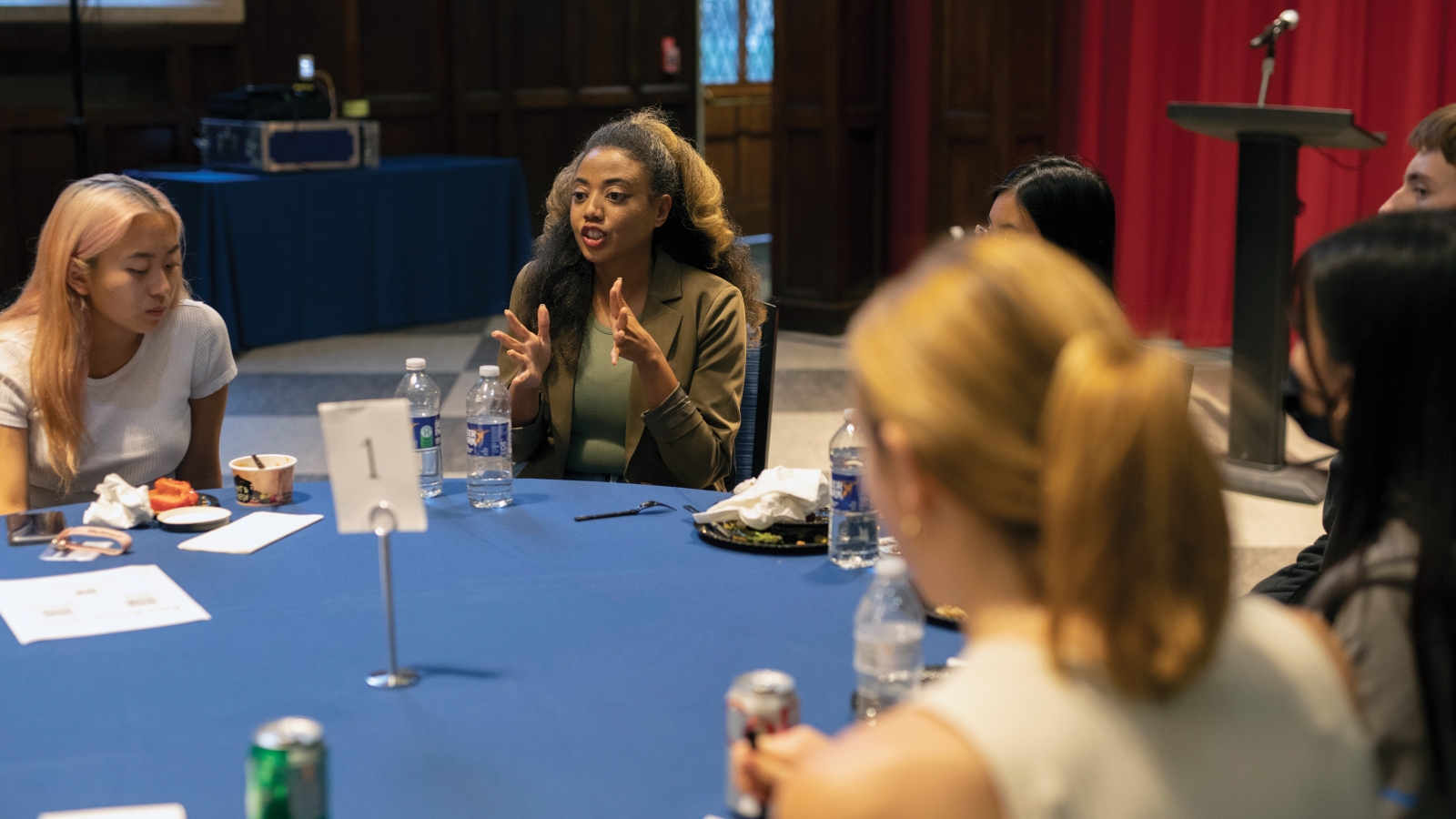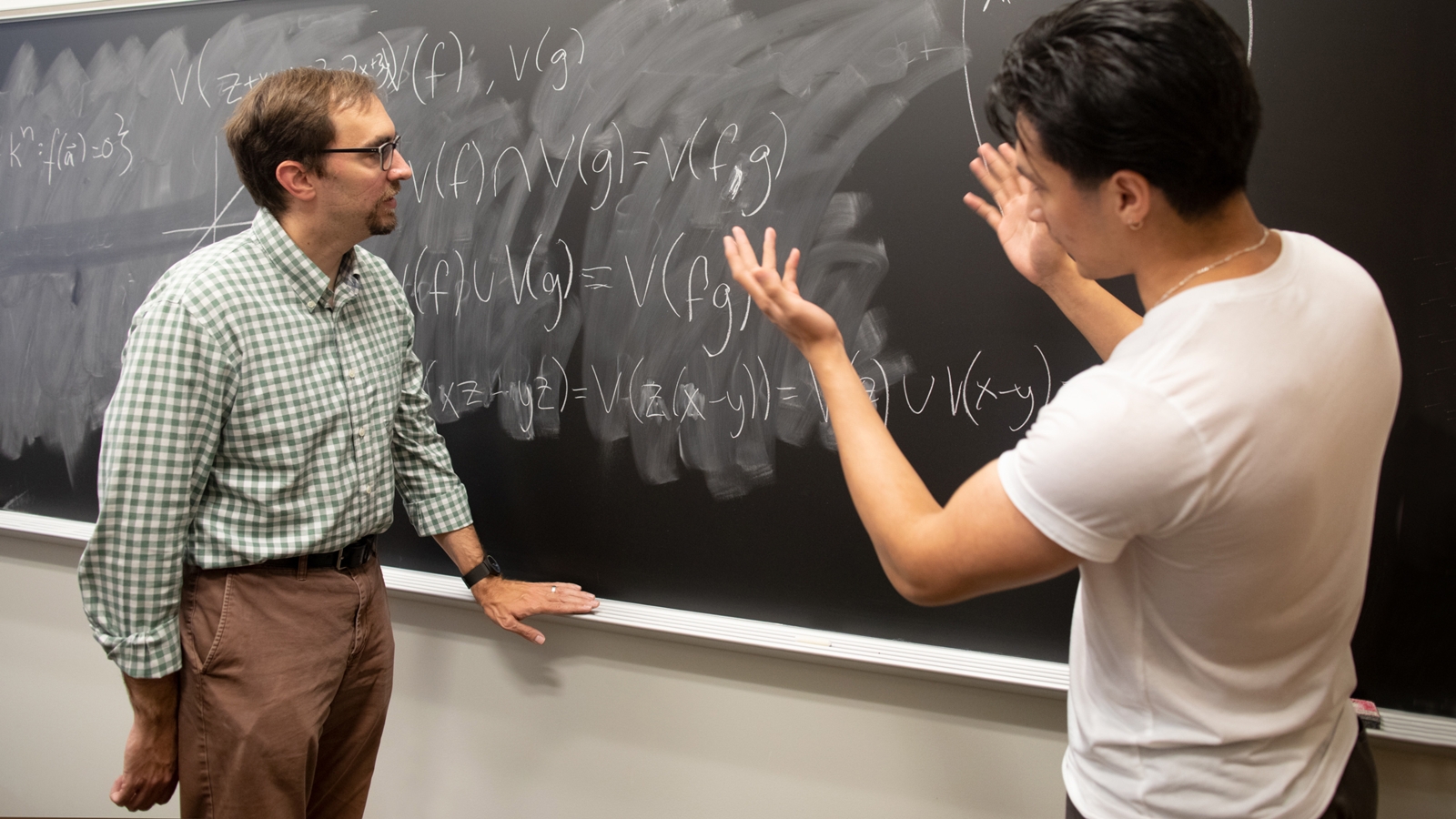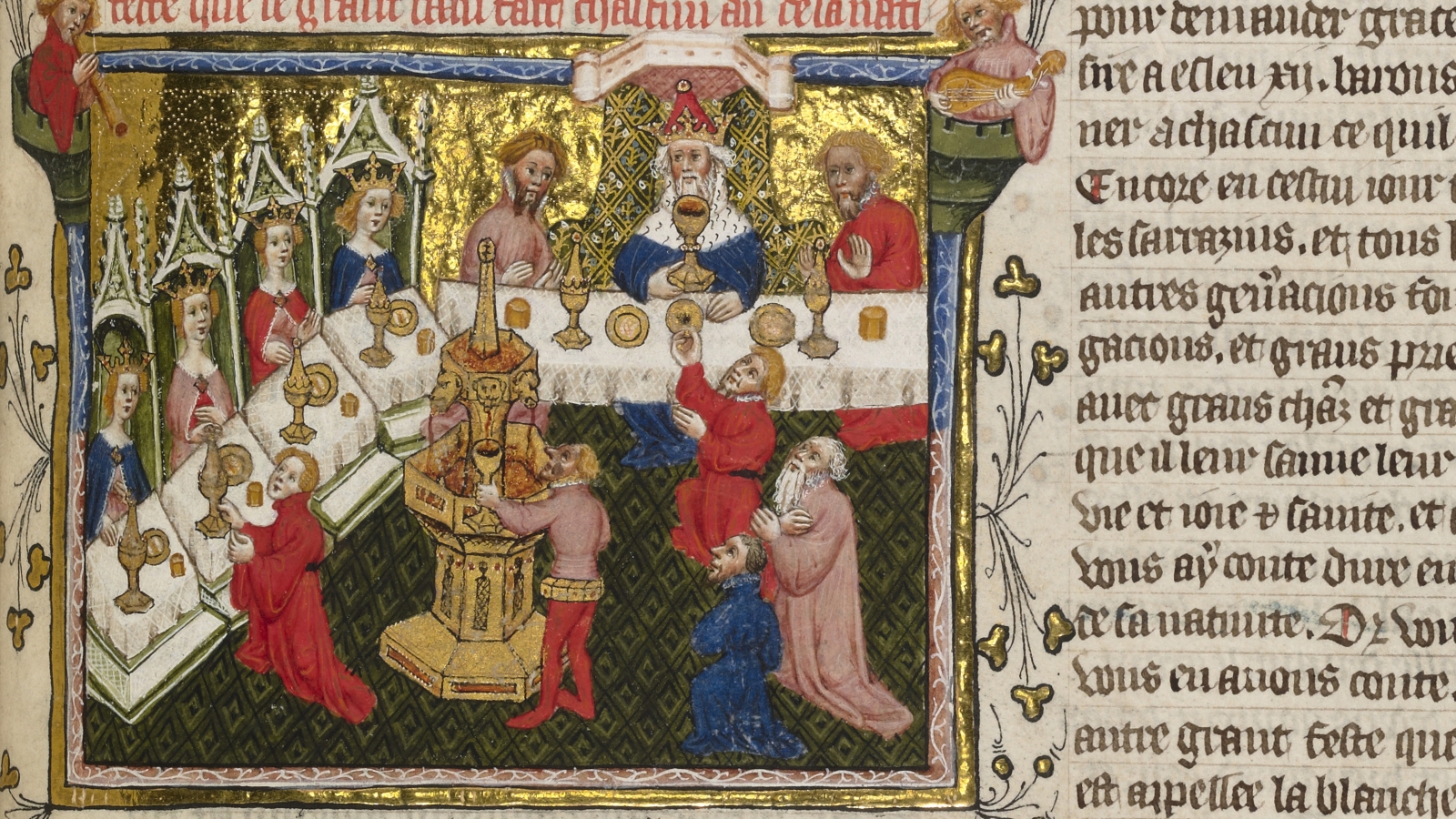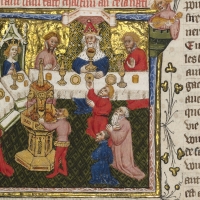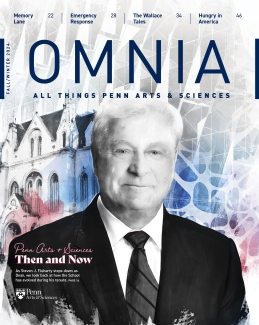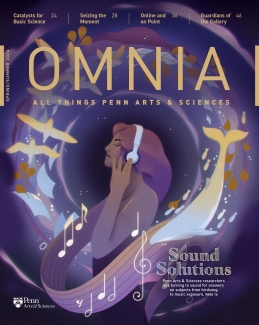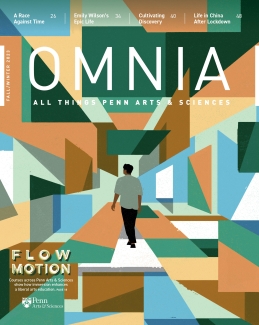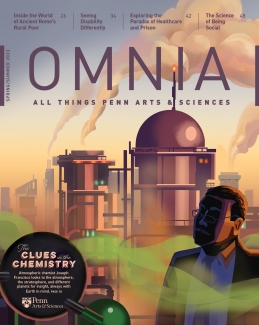In this issue of OMNIA, we explore how living matter could impact everything from medicine to robotics. We also spotlight two interdisciplinary research initiatives that provide insight on worldwide climate disasters and water crises, learn how a fateful trip to Eastern Europe inspired a professor to pursue a career studying the impact of war, highlight an initiative that guides students in curating a digital portfolio, follow two students as they create detailed portraits of life around campus, and more.

Features
-
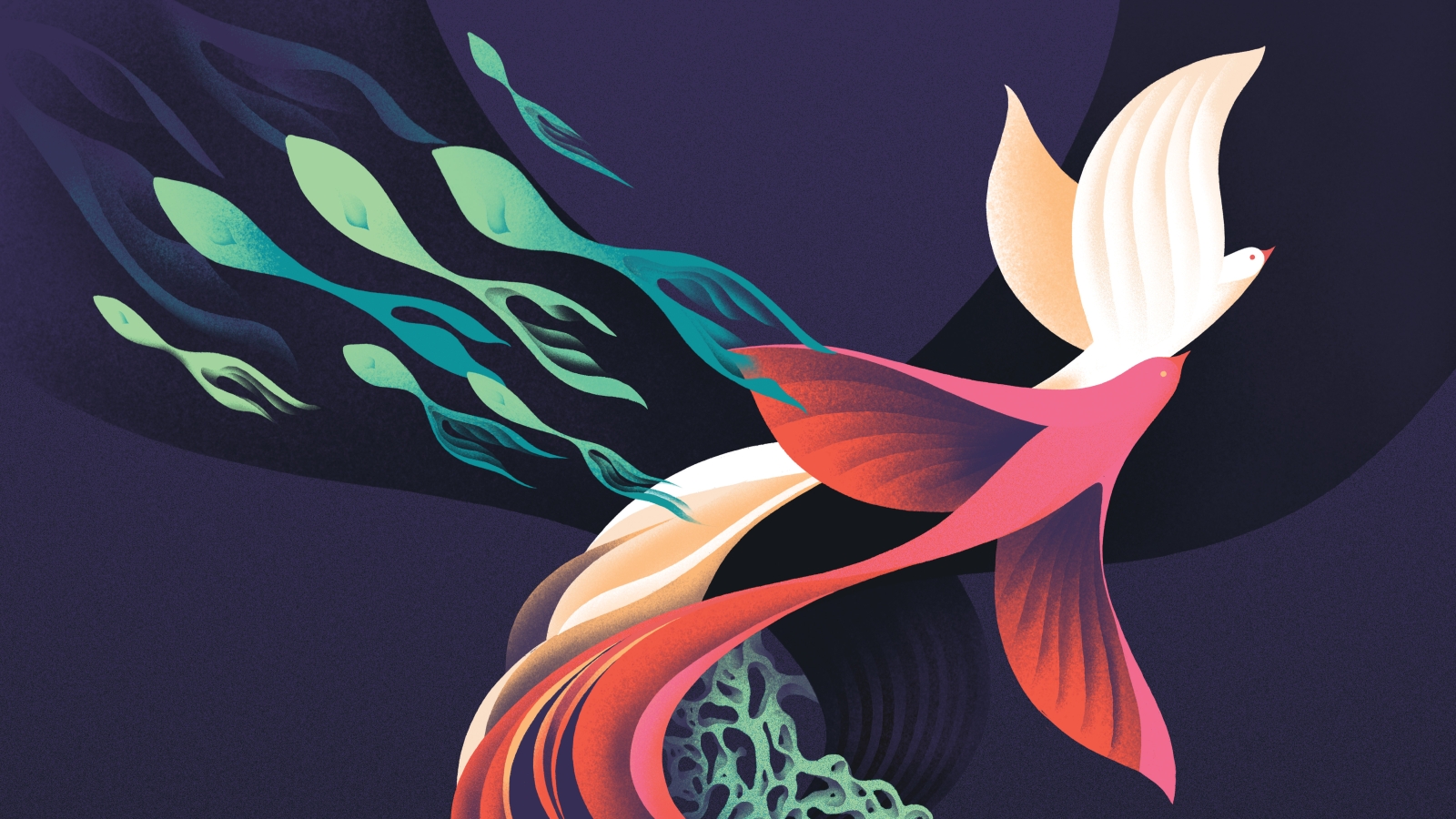
The Physics of Us
Physicists are studying how living matter works, and find that it breaks the standard rules and produces fascinating new phenomena.
Ordinary Lives, Extraordinary Times
A fateful trip to Eastern Europe in 1989 inspired Kristen Ghodsee, Professor and Chair of Russian and East European Studies, to pursue a career studying the impact of the Cold War and its aftermath on the lives of ordinary people.
Moments in Time
Students from Senior Lecturer in English Paul Hendrickson’s long-form nonfiction master class share powerful passages from their intensely personal projects.
The Story the Bowls Tell
In an ambitious new project, Simcha Gross, Assistant Professor of Near Eastern Languages and Civilizations, studies hundreds of ancient incantation bowls in the hopes of eventually building a worldwide database.
Beyond the Margins of Land and Water
Nikhil Anand, Associate Professor of Anthropology, leads two interdisciplinary research initiatives that provide insight on worldwide climate disasters and water crises.
Threading the Needle
The B.A.A.S. Senior Portfolio demonstrates LPS students’ transferrable skills to the workplace and beyond.
Omnia 101
Omnia 101: The Federal Reserve Bank
We speak with Harold Cole, James Joo-Jin Kim Professor of Economics, to learn more about the Fed’s structure, objectives, and capabilities—and why it is especially relevant in times of financial crisis.
Movers & Quakers
Representation in Technology
Victor Scotti, Jr., C’13, works toward a future where diversity, equity, and inclusion are the norm.
Inspiring Community
Inspiring Community - Fall/Winter 2022
Highlighting Penn Arts & Sciences Alums
In the Classroom
When Something Clicks
How Structured, Active, In-class Learning is changing the calculus on teaching.
Insomnia
Three Questions: Medieval Robots
Elly R. Truitt, Associate Professor of History and Sociology of Science, discusses the history of robots and automata in medieval Latin culture, the impulses that drove their creation, and shared characteristics with modern-day robots.

